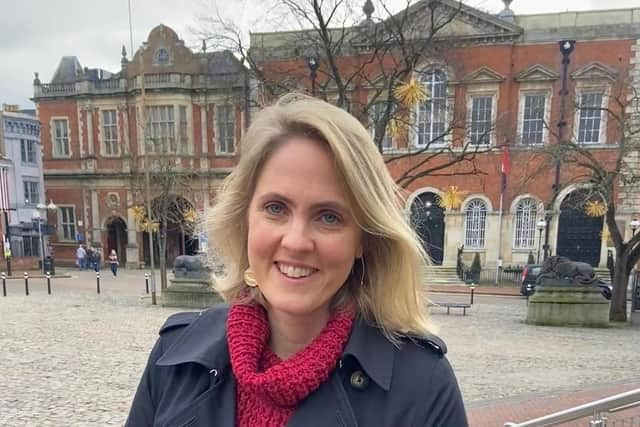The bustling town of Aylesbury is bracing itself for significant travel disruptions as a crucial thoroughfare into the town is […]
The recent parliamentary vote on the bid to scrap the two-child benefit cap has sparked significant debate across the nation. With child poverty rates climbing, the decision of Aylesbury’s and Wycombe's newly elected Labour MPs to reject this motion has left many constituents questioning their representatives' commitment to alleviating financial hardships for struggling families.
Understanding the Two-Child Benefit Cap
The two-child benefit cap, introduced in April 2017 by the Conservative government, limits financial assistance to the first two children in a family claiming Universal Credit or Child Tax Credit. Proponents argue that the cap encourages financial responsibility and reduces the welfare budget. However, critics insist that it exacerbates child poverty, leaving larger families without adequate support.
The Parliamentary Debate

During the latest session in the House of Commons, a motion was brought forward aiming to scrap the controversial two-child benefit cap. The proposed repeal sought to provide relief to countless families suffering under the weight of escalating living costs and stagnant wages.
In a surprising turn, the newly appointed Labour MPs from Aylesbury and Wycombe cast their votes against the bid, aligning with their Conservative counterparts. This decision has raised eyebrows and ignited discussions about party loyalty versus constituency needs.
Reactions from Constituents and Advocacy Groups
The response from the public and child poverty advocacy groups has been swift and overwhelmingly critical. Local organisations like Child Poverty Action Group (CPAG) have expressed deep disappointment in the MPs' decision, arguing that it demonstrates a disconnect from the real-life struggles of families within their constituencies.
One local resident, Sarah Johnston, a mother of three, shared her dismay, stating, "I had hoped our new MPs would bring change and support families like mine. Voting against this bid feels like a betrayal."
Political Implications and Future Outlook
The Labour Party has historically championed social welfare and poverty reduction. Thus, the decision of Aylesbury and Wycombe MPs to vote against scrapping the cap has stirred controversy within party ranks. Critics argue that this move could alienate core voters who are already disillusioned with the political status quo.
Looking ahead, the focus will likely shift towards how these MPs plan to address child poverty moving forward. Whether through alternative policies or increased pressure on government initiatives, they will need to demonstrate a clear commitment to supporting their most vulnerable constituents.
Conclusion: Balancing Political Ideologies and Constituency Needs
As the debate over the two-child benefit cap continues, the actions of Aylesbury's and Wycombe's Labour MPs serve as a reminder of the complexities inherent in political decision-making. Balancing party ideologies with the immediate needs of constituents is no easy task, but it is a crucial aspect of effective representation. The coming weeks and months will be telling as these MPs navigate the fallout from their controversial vote and strive to regain the trust and confidence of their communities.